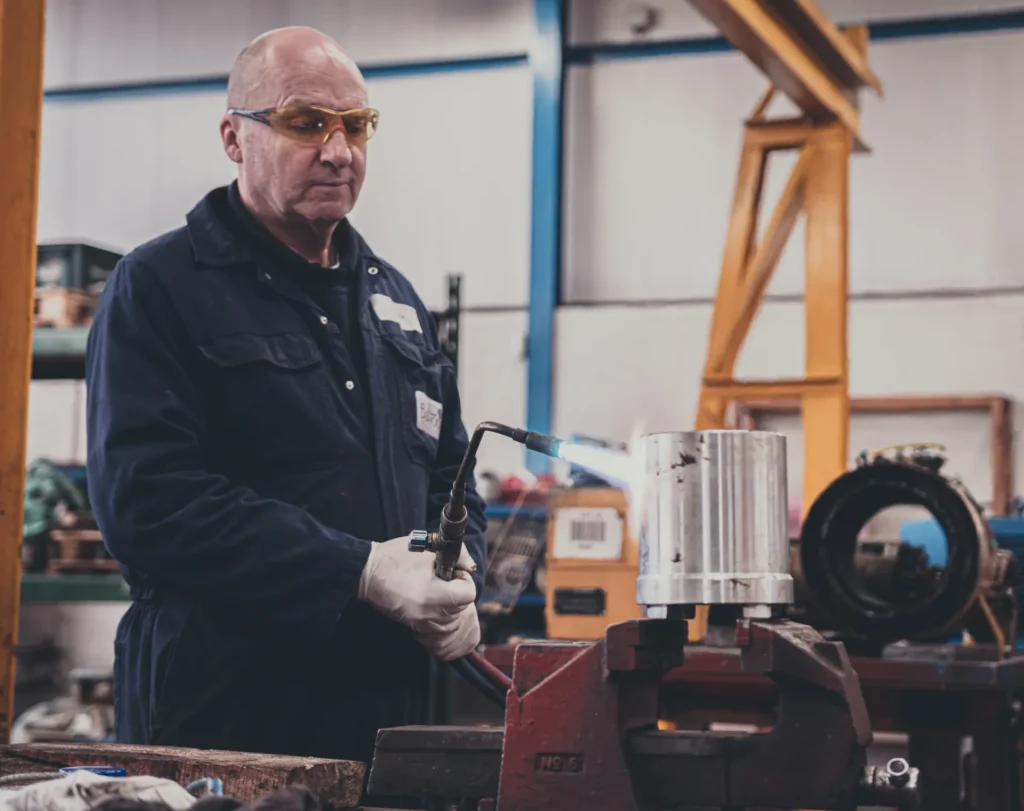We Buy Your Generator
- Finance Available, on all new generators.
We often have two options when powering our homes or businesses: diesel generators or electric generators. Both options have advantages and disadvantages, making it difficult to determine which is better. In this article, we will explore the cost of running a generator in the UK, if you can run your house on a generator in the UK, and if it’s safe to run a generator 24/7. By the end of this article, you will better understand which option is best for your specific needs. Running a generator can be expensive, especially if you use it for extended periods. The cost of running a generator in the UK will depend on many factors, such as the type of fuel you use, the size of the generator, and how often you use it.


Generally, running a generator in the UK can cost anywhere from £2 to £10 per hour, depending on the above mentioned factors. Yes, running your house on a generator in the UK is possible, but it’s essential to understand that not all generators are created equal. If you plan on using a generator to power your home, you must choose a generator capable of handling your power needs.
While it is possible to run a generator 24/7, it’s not recommended. Running a generator for extended periods can lead to some issues, such as:
In general, it’s recommended that you only run your generator when you need it. If you lose power, you can turn on your generator temporarily until the main emphasis is restored. Once the main power is back on, you should turn off your generator to prevent unnecessary wear and tear and to conserve fuel.
However, there are some situations where running a generator for extended periods may be necessary, such as during a prolonged power outage. If you do need to run your generator for an extended period, there are a few things you can do to ensure it runs safely and efficiently:


In conclusion, diesel and electric generators have advantages and disadvantages. When choosing the right generator for your needs, it’s essential to consider factors such as fuel efficiency, power requirements, and operating costs.
Running a generator in the UK can be expensive, but it’s possible to minimise costs by choosing the right generator, using high-quality fuel, and keeping up with maintenance. Additionally, running a generator 24/7 is not recommended, but if you need to do so, it’s essential to ensure it runs safely and efficiently. After an in-depth look into diesel and electric generators, they have advantages and drawbacks depending on your power requirements.
Whether your needs are national or local, diesel may be more cost-effective than electric when no other costs are involved.
However, electric generators are often the better option if you want a longer run time, safety features and emission compliance. Regardless of which one suits your needs better, it’s essential to consult with experienced professionals who can help you determine the best course of action for your particular situation.
If you’re considering a generator in the UK, don’t hesitate to contact Bellwood Rewinds today; our generator experts will give you the guidance you need to make an informed decision and get powered up quickly and efficiently. It depends on your specific needs. Diesel generators are typically more fuel-efficient than electric ones but are also more expensive. Electric generators are generally cheaper to operate but may be less fuel-efficient. Generators can last many years if properly maintained and used according to the manufacturer’s instructions. Generally, you can expect a generator to last 10-20 years or more. Connecting your generator directly to your home’s electrical panel is only recommended if you install a transfer switch. A transfer switch ensures that your generator is correctly connected to your home’s electrical system and prevents back-feeding, which can be dangerous for utility workers.
Telephone 01429 264 097